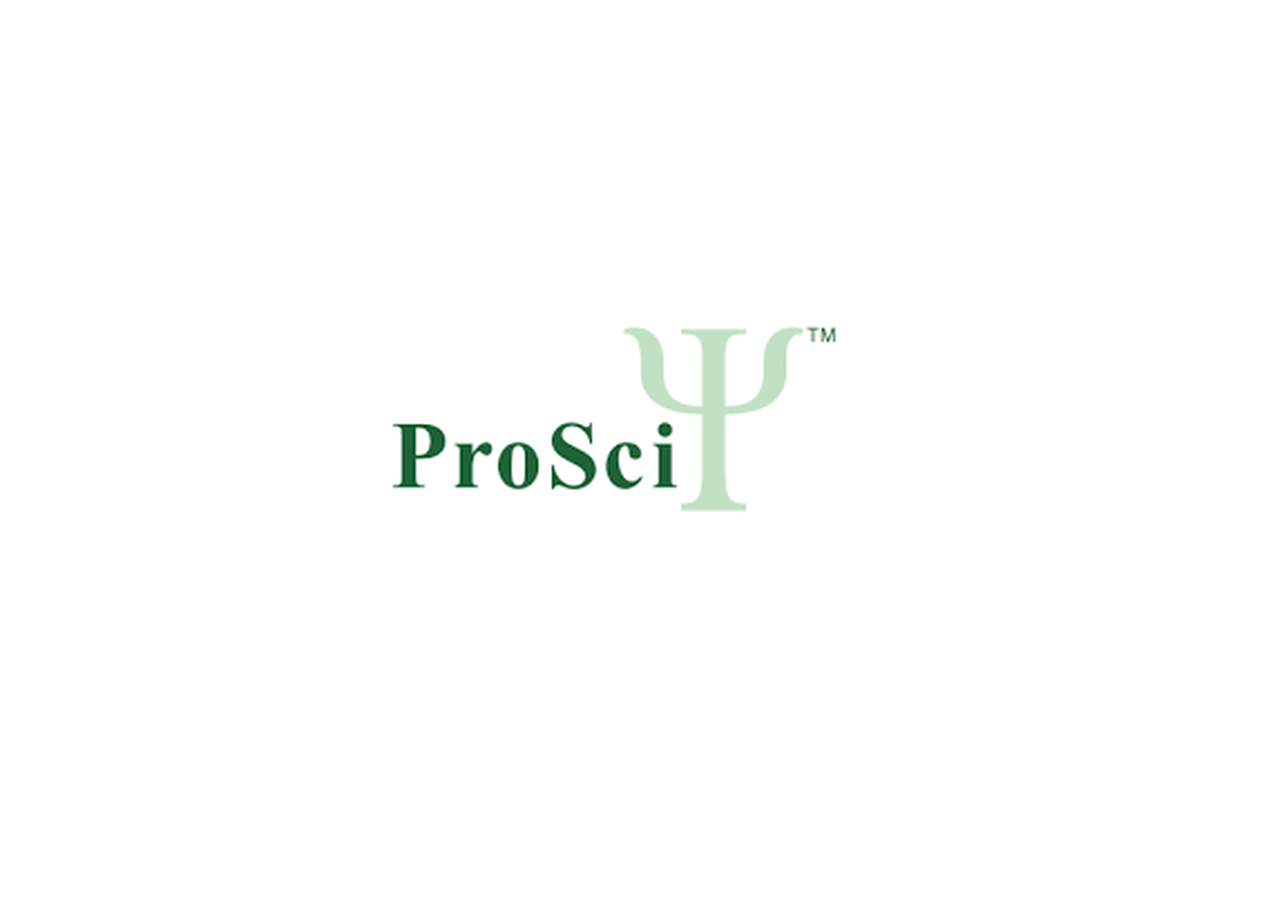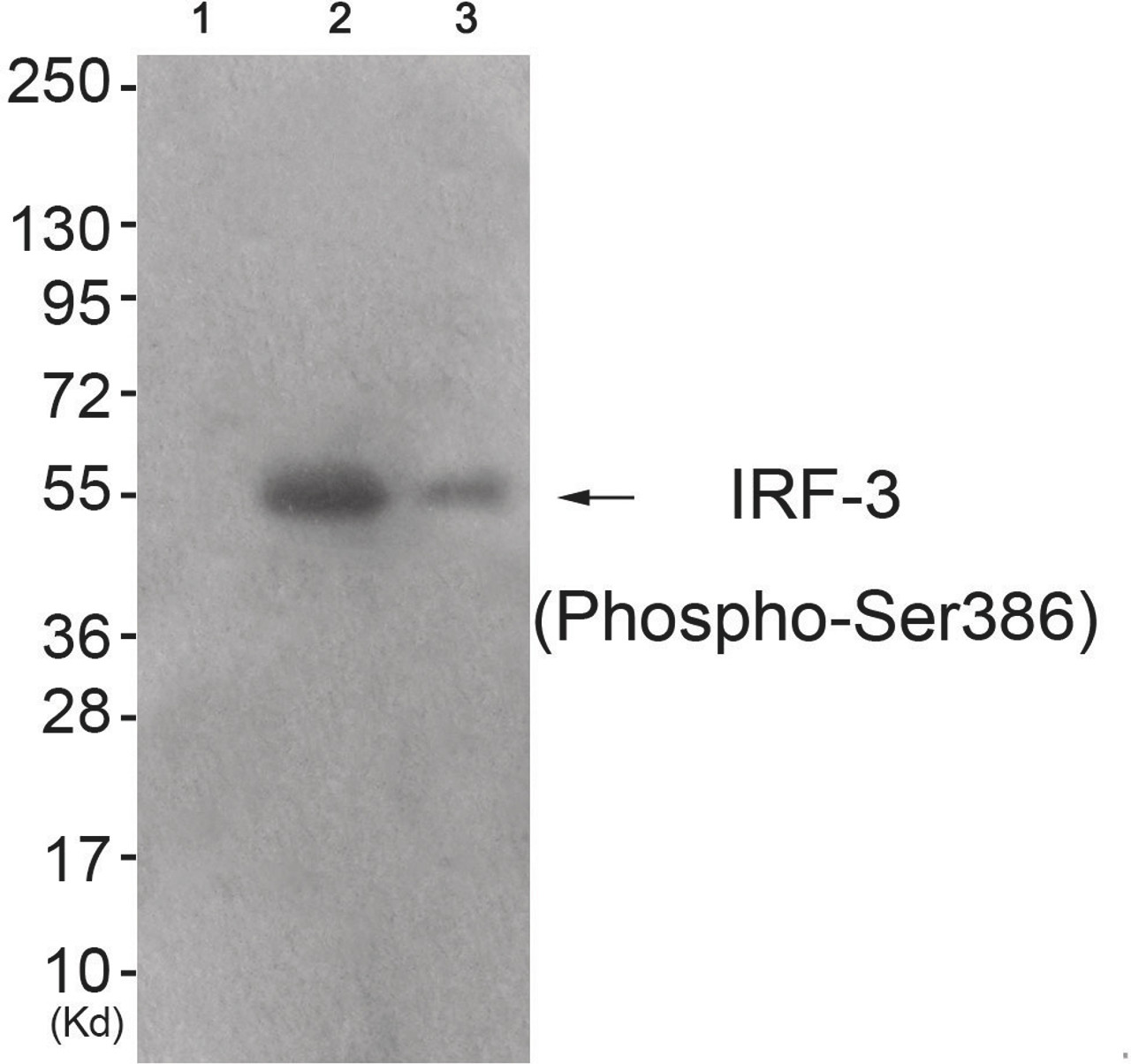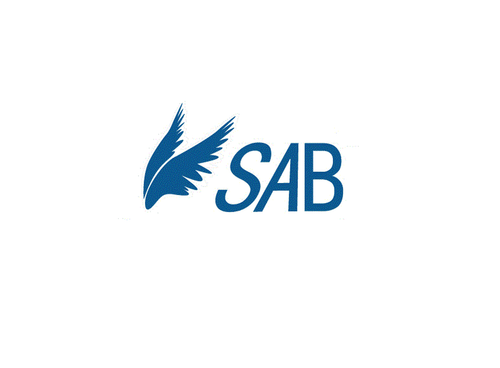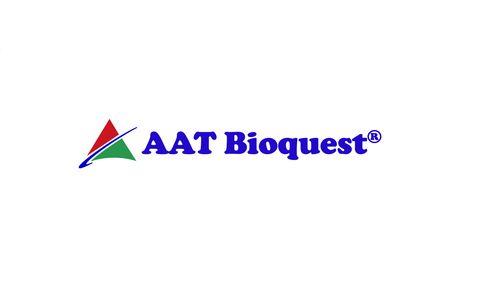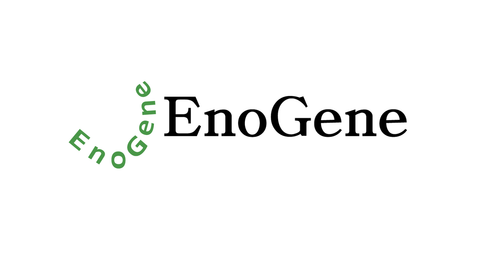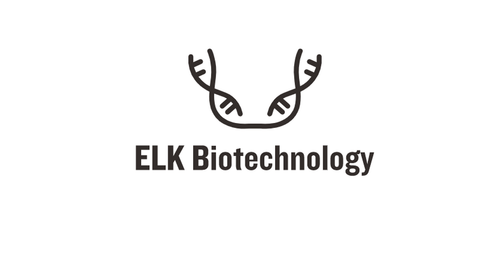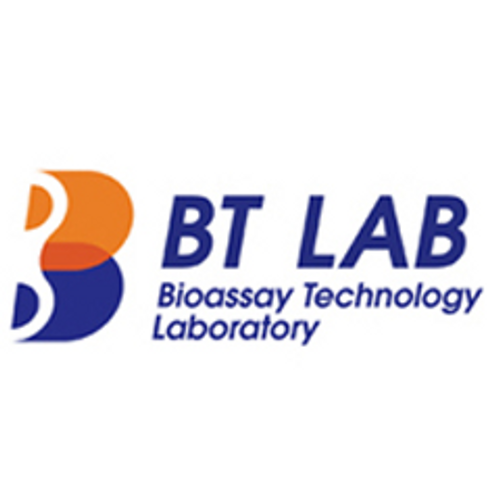Product Description
IRF-3 (phospho Ser386) Antibody | 79-871 | ProSci
Host: Rabbit
Reactivity: Human
Homology: N/A
Immunogen: IRF-3 (phospho Ser386) antibody was raised against a peptide sequence around phosphorylation site of Serine 386 (A-S-S (p) -L-E) derived from Human IRF-3.
Research Area: Phospho-Specific
Tested Application: WB
Application: Western Blot: 1:500~1:1000
Specificiy: The antibody detects endogenous levels of IRF-3 only when phosphorylated at serine 386.
Positive Control 1: N/A
Positive Control 2: N/A
Positive Control 3: N/A
Positive Control 4: N/A
Positive Control 5: N/A
Positive Control 6: N/A
Molecular Weight: 55 kDa
Validation: N/A
Isoform: N/A
Purification: Antibodies were purified by affinity-chromatography using epitope-specific peptide.
Clonality: Polyclonal
Clone: N/A
Isotype: IgG
Conjugate: Unconjugated
Physical State: Liquid
Buffer: Antibody supplied in phosphate buffered saline (without Mg2+ and Ca2+) , pH 7.4, 150mM NaCl, 0.02% sodium azide and 50% glycerol.
Concentration: 1 mg/mL
Storage Condition: Store antibody at -20˚C for up to one year.
Alternate Name: IRF3, Interferon regulatory factor 3
User Note: N/A
BACKGROUND: Key transcriptional regulator of type I interferon (IFN) -dependent immune responses and plays a critical role in the innate immune response against DNA and RNA viruses. Regulates the transcription of type I IFN genes (IFN-alpha and IFN-beta) and IFN-stimulated genes (ISG) by binding to an interferon-stimulated response element (ISRE) in their promoters. Acts as a more potent activator of the IFN-beta (IFNB) gene than the IFN-alpha (IFNA) gene and plays a critical role in both the early and late phases of the IFNA/B gene induction. Found in an inactive form in the cytoplasm of uninfected cells and following viral infection, double-stranded RNA (dsRNA) , or toll-like receptor (TLR) signaling, becomes phosphorylated by IKBKE and TBK1 kinases. This induces a conformational change, leading to its dimerization and nuclear localization and association with CREB binding protein (CREBBP) to form dsRNA-activated factor 1 (DRAF1) , a complex which activates the transcription of the type I IFN and ISG genes. Can activate distinct gene expression programs in macrophages and can induce significant apoptosis in primary macrophages.
 Euro
Euro
 USD
USD
 British Pound
British Pound
 NULL
NULL

